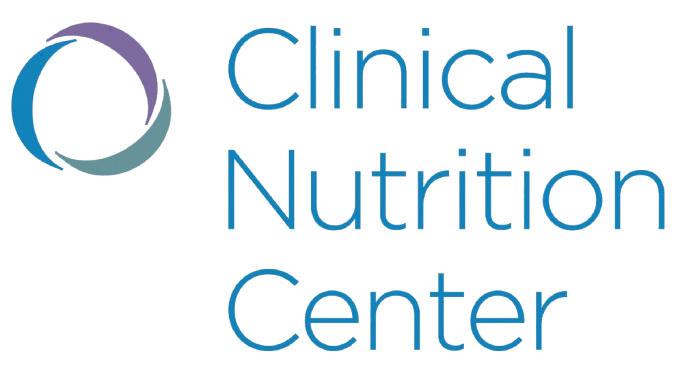
Vegetarianism, Weight Loss and your Health
Vegetarianism is a lifestyle choice to reduce the consumption of meat. There are several forms of vegetarianism. At one end of the spectrum there is veganism, which eliminates all meat and animal byproducts from the diet. Pure vegetarianism is the elimination of all meat, while ovo-lacto vegetarians will not eat meat, but are okay with eggs and dairy. There are some vegetarians who will also eat fish or white meat, but eliminate the consumption of beef and processed meats.
 Vegetarianism is a lifestyle choice to reduce the consumption of meat. There are several forms of vegetarianism. At one end of the spectrum there is veganism, which eliminates all meat and animal byproducts from the diet. Pure vegetarianism is the elimination of all meat, while ovo-lacto vegetarians will not eat meat, but are okay with eggs and dairy. There are some vegetarians who will also eat fish or white meat, but eliminate the consumption of beef and processed meats.
Vegetarianism is a lifestyle choice to reduce the consumption of meat. There are several forms of vegetarianism. At one end of the spectrum there is veganism, which eliminates all meat and animal byproducts from the diet. Pure vegetarianism is the elimination of all meat, while ovo-lacto vegetarians will not eat meat, but are okay with eggs and dairy. There are some vegetarians who will also eat fish or white meat, but eliminate the consumption of beef and processed meats.
It is possible to maintain a vegetarian diet while following a medical weight loss program, but if you choose to do so then it is best to consult with your weight loss doctor about any necessary dietary modifications you may want to make.
Health Benefits and Concerns of Vegetarianism
Health and weight loss are not always the primary reasons people turn to vegetarianism. Religious affiliations and environmental concerns often drive people to eliminate meat, though there are a variety of health benefits to the practice.
In June, JAMA Internal Medicine published the findings of a Loma Linda University observational study that evaluated the health of more than 70,000 people who followed a vegetarian diet for religious purposes. They found that those who ate meat once a week or less had an increased life expectancy over those who ate meat regularly.
Following a vegetarian diet reduced mortality risk associated with heart disease. This may not be too surprising a finding, as researchers from the Cleveland Clinic Heart and Vascular Institute found that there is a compound in red meat that promotes clogging and hardening of the arteries, a form of heart disease.
If you make the decision to follow a vegetarian diet, then you’ll have to be extra careful to maintain a well-balanced diet. One problem that some vegetarians encounter is that the diet reduces quality nutrient sources. Many forms of fish are high in omega-3s, which benefit heart health, while lean white meat like chicken and turkey are high in protein and low in fat. While these healthy foods are eliminated, many unhealthy foods are not. If by cutting out meat you choose to follow a diet that is high in carbohydrates like sugar and grains, then you may actually gain weight despite dietary limitations.
While there are many who choose to follow a vegetarian lifestyle while participating in a weight loss program, cutting out meat is not a sure-fire way to lose weight. There are health benefits associated with reducing meat consumption, but you do not have to eliminate meat altogether to begin experiencing these benefits.





Vegetarian and vegan diets can meet nutritional needs for all stages of life, according tn the Academy of Nutrition and Dietetics. I you have questions about your vegetarian or vegan diet, schedule an appointment with a dietitian who is a member of the Vegetarian Practice Group of the Academy. It’s not difficult to go vegetarian!